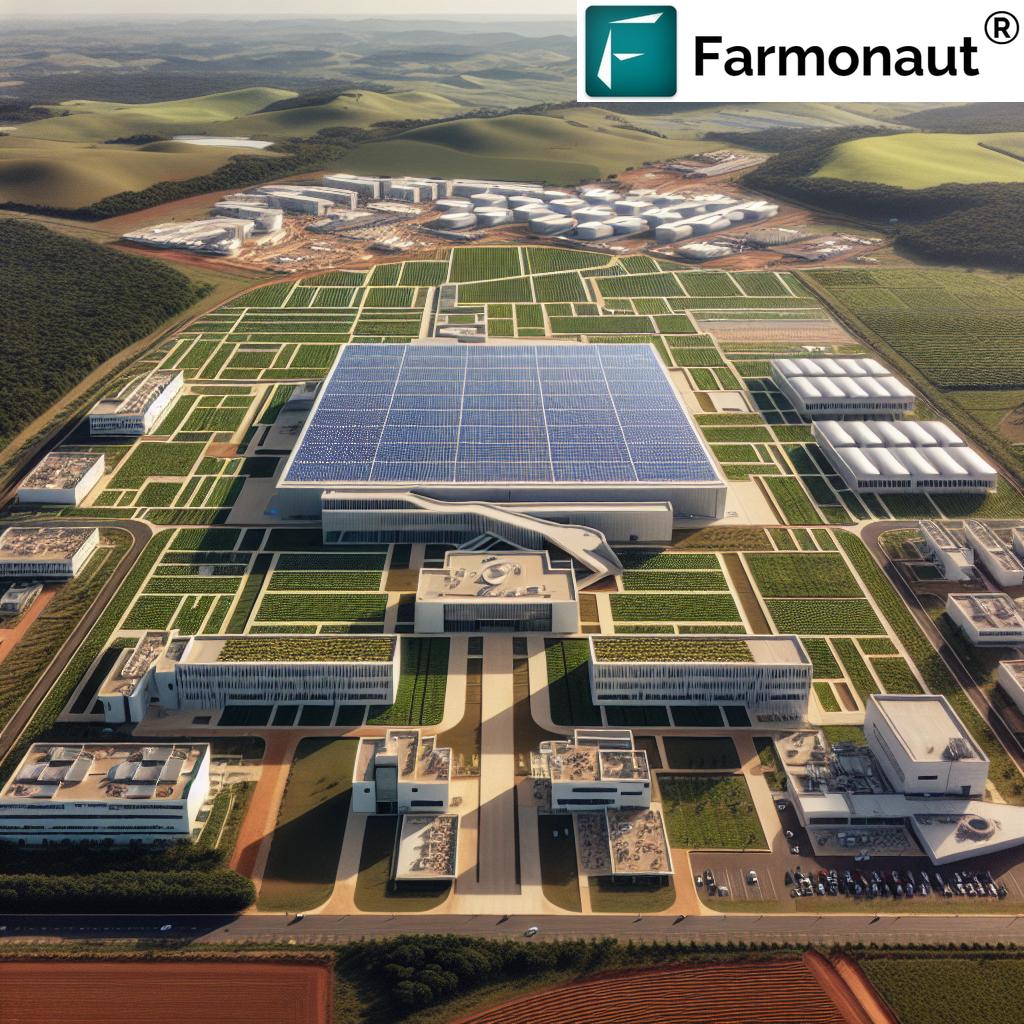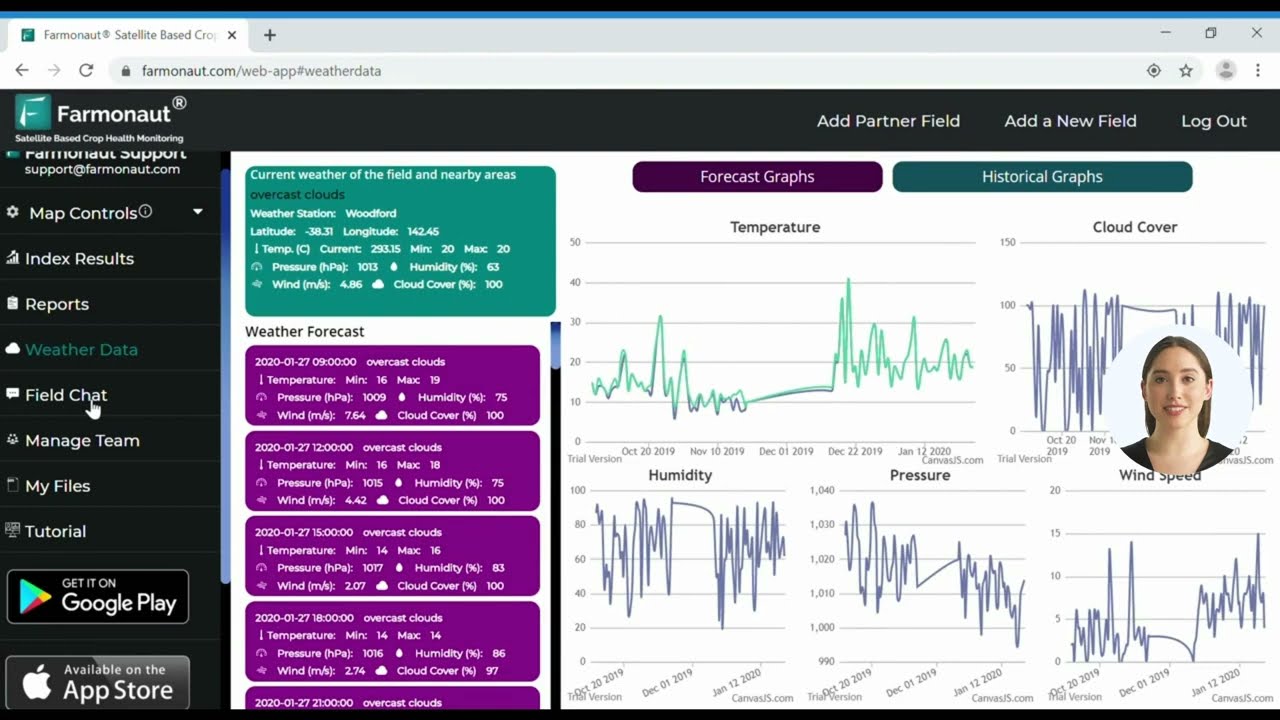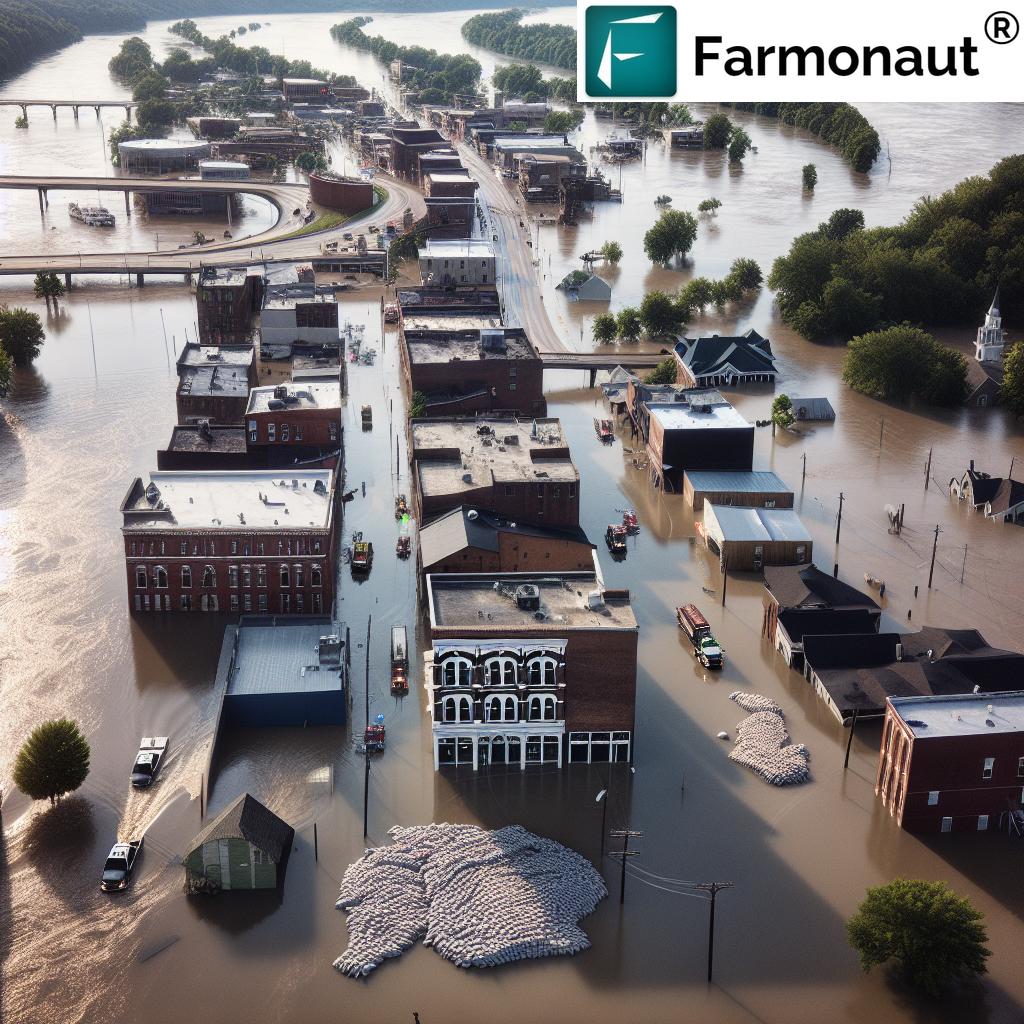Transforming Washington State: A Legacy of Leadership in Higher Education and Research Innovation
“Washington State University’s impact spans all 10 districts, showcasing its statewide influence on higher education and research innovation.”
“Washington State University’s impact spans all 10 districts, showcasing its statewide influence on higher education and research innovation.”
As we reflect on the remarkable tenure of Dr. Kirk Schulz as President of Washington State University (WSU), we are reminded of the transformative power of visionary leadership in higher education. Under Dr. Schulz’s guidance, WSU has not only strengthened its position as a world-class research institution but has also left an indelible mark on the landscape of higher education in Washington State. Today, we celebrate this legacy of innovation, community service, and unwavering commitment to student success that has propelled our state towards a more prosperous and sustainable future.

A Decade of Progress: WSU’s Statewide Impact
Washington State University’s influence extends far beyond its campuses, touching every corner of our diverse state. From the bustling tech hubs of King County to the fertile agricultural lands of Eastern Washington, WSU has fostered partnerships, driven innovation, and created opportunities that benefit all Washingtonians. Let’s explore how this institution has become a cornerstone of progress across our state’s ten congressional districts.
1st District: Bridging Academia and Industry
In the heart of Washington’s tech corridor, WSU has forged strong partnerships with industry leaders, preparing students for cutting-edge careers in artificial intelligence, software development, and semiconductor manufacturing. These collaborations ensure that our graduates are not just job-ready but are poised to lead in the ever-evolving tech landscape.
- AI and Machine Learning Initiatives: WSU’s programs in artificial intelligence have produced graduates who are now driving innovation in companies across the Puget Sound region.
- Software Engineering Excellence: Partnerships with major software companies have led to internship programs and curriculum enhancements that give WSU students a competitive edge.
- Semiconductor Research: As the demand for advanced chips grows, WSU’s research in semiconductor technology is helping to secure Washington’s place in this critical industry.
2nd District: Sustaining Agriculture and Fisheries
WSU’s agricultural extension programs have been a lifeline for farmers and fisheries in Northwest Washington. By providing cutting-edge research and practical support, these programs have helped sustain and grow vital industries that are the backbone of our state’s economy.
- Sustainable Farming Practices: WSU researchers have developed innovative techniques for soil conservation and pest management, helping farmers increase yields while reducing environmental impact.
- Fisheries Management: Collaborative efforts between WSU and local fisheries have led to more sustainable practices and healthier fish populations.
- Everett Campus Contributions: The WSU Everett campus has become a hub for entrepreneurship and engineering education, providing critical skills for the aerospace and high-tech industries in the region.
3rd District: Expanding STEM Opportunities
At WSU Vancouver, the focus on STEM education has opened new doors for students in Southwest Washington. By aligning academic programs with the needs of local industries, WSU is strengthening the region’s workforce and economic outlook.
- Engineering Pathways: New degree programs in mechanical and electrical engineering are preparing students for high-demand jobs in the region’s growing tech sector.
- Healthcare Partnerships: Collaborations with local hospitals and clinics are providing hands-on experience for students in nursing and other healthcare fields.
- Research Opportunities: Undergraduate research programs at WSU Vancouver are giving students valuable experience in cutting-edge fields like neuroscience and environmental science.
4th District: Elevating Washington’s Wine Industry
Central Washington’s reputation as a world-class wine producer has been significantly enhanced by WSU’s viticulture and enology programs. Through cutting-edge research and collaboration with local winemakers, WSU has helped elevate the region’s wine industry to new heights.
- Innovative Winemaking Techniques: WSU researchers have developed new fermentation methods that enhance wine flavor and quality.
- Climate Adaptation Strategies: As climate change impacts grape growing conditions, WSU is at the forefront of developing resilient grape varieties and sustainable vineyard practices.
- Industry Partnerships: Regular workshops and seminars bring together academic experts and industry professionals, fostering innovation and knowledge sharing.
5th District: Advancing Agricultural Research
The completion of the Agricultural Research Service (ARS) building in Pullman has solidified WSU’s position as a leader in agricultural innovation. This state-of-the-art facility is driving breakthroughs in crop science and food security, supporting one of Washington’s most essential industries.
- Drought-Resistant Crops: WSU researchers are developing new crop varieties that can thrive in water-scarce conditions, helping farmers adapt to changing climate patterns.
- Precision Agriculture Technologies: Innovations in sensor technology and data analytics are enabling farmers to optimize resource use and increase yields.
- Food Safety Advancements: WSU’s work in food safety is helping to protect consumers and strengthen the reputation of Washington’s agricultural products in global markets.
As we consider the impact of these agricultural innovations, it’s worth noting that companies like Farmonaut are also contributing to the advancement of precision agriculture. While not directly affiliated with WSU, Farmonaut’s satellite-based farm management solutions complement the university’s research by providing farmers with real-time crop health monitoring and AI-driven advisory systems. These technologies align with WSU’s mission to support sustainable and efficient farming practices across the state.
6th District: Pioneering Sustainable Forestry
WSU’s commitment to environmental stewardship is evident in its groundbreaking work in sustainable forestry and climate resilience. These efforts are crucial for maintaining the health of Washington’s forests, which are vital for the economy, outdoor recreation, and the environment.
- Forest Health Monitoring: Advanced remote sensing techniques developed by WSU researchers are helping to detect and prevent forest diseases and pest infestations.
- Wildfire Prevention: WSU’s research into fire ecology is informing new strategies for wildfire prevention and management, protecting communities and ecosystems.
- Sustainable Timber Practices: Collaborations between WSU and the timber industry are leading to more sustainable harvesting methods that balance economic needs with environmental conservation.
“WSU’s initiatives have strengthened partnerships with tech industries and pioneered medical research, fostering innovation across multiple sectors.”
7th District: Breakthrough Medical Research
WSU’s collaborations with Seattle-area institutions have led to major advancements in medical research, particularly in cancer treatment and biomedical engineering. These efforts not only push the boundaries of science but also create opportunities for students to engage in life-changing research.
- Cancer Treatment Innovations: WSU researchers are at the forefront of developing targeted therapies that promise more effective and less invasive cancer treatments.
- Biomedical Engineering Breakthroughs: Collaborative projects in biomedical engineering are leading to new prosthetic technologies and regenerative medicine techniques.
- Student Research Opportunities: Undergraduate and graduate students are actively involved in cutting-edge medical research, gaining invaluable experience for future careers in healthcare and biotechnology.

8th District: Clean Energy Solutions
With a focus on clean energy, WSU has become a leader in developing innovative hydroelectric, wind, and solar power solutions. These advancements are benefiting communities across the Cascades and helping Washington transition to a more sustainable energy future.
- Hydroelectric Efficiency: WSU engineers have developed new turbine designs that increase the efficiency of hydroelectric power generation while minimizing environmental impact.
- Wind Energy Innovations: Research into advanced materials and aerodynamics is improving the efficiency and durability of wind turbines.
- Solar Technology Advancements: WSU’s work on next-generation solar cells is making solar energy more affordable and accessible for Washington residents.
In the realm of sustainable energy and environmental impact, it’s worth mentioning that companies like Farmonaut are also contributing to this sector. While not directly associated with WSU, Farmonaut’s carbon footprinting tools help agribusinesses monitor and reduce their environmental impact. This aligns with WSU’s broader goals of promoting sustainability across various industries in Washington State.
9th District: Expanding Access to Medical Education
The Elson S. Floyd College of Medicine has been a game-changer for healthcare education in Washington. By expanding access to medical education for students from diverse backgrounds, WSU is addressing physician shortages and improving healthcare access across the state.
- Community-Based Medical Education: The college’s innovative curriculum emphasizes community-based training, preparing doctors to serve in underserved areas of Washington.
- Diversity in Healthcare: Targeted recruitment and support programs are increasing diversity in the medical profession, ensuring that healthcare providers better reflect the communities they serve.
- Rural Health Initiatives: Specialized programs focus on preparing students for careers in rural healthcare, addressing critical shortages in these areas.
10th District: Supporting Military Families
WSU’s extension programs near Joint Base Lewis-McChord have provided crucial educational support and workforce development opportunities for military families. These initiatives ensure that service members and their families have access to the resources they need to succeed in civilian life.
- Transition Assistance Programs: WSU offers specialized courses and workshops to help service members transition to civilian careers.
- Education for Military Spouses: Flexible degree programs and career counseling services support the educational and professional goals of military spouses.
- Veteran Support Services: Dedicated programs assist veterans in navigating higher education and accessing benefits, easing their transition to academic life.
A Timeline of Transformation
To fully appreciate the scope of WSU’s impact under Dr. Schulz’s leadership, let’s look at a timeline of key achievements and their effects on Washington State:
| Year | Achievement | Impact |
|---|---|---|
| 2016 | Dr. Kirk Schulz begins tenure as WSU President | Sets vision for expanding WSU’s research and educational impact across Washington |
| 2017 | Launch of the Elson S. Floyd College of Medicine | Addresses physician shortages in rural and underserved areas of Washington |
| 2018 | Establishment of WSU’s AI and Data Science Initiative | Positions Washington as a leader in AI research and workforce development |
| 2019 | Completion of the Plant Sciences Building | Enhances WSU’s agricultural research capabilities, benefiting Washington’s farming industry |
| 2020 | Implementation of the WSU System Strategic Plan | Aligns university efforts with state needs in education, research, and economic development |
| 2021 | Launch of the WSU Climate Change Initiative | Drives research and policy solutions for climate resilience in Washington |
| 2022 | Opening of the Agricultural Research Service (ARS) Building | Strengthens WSU’s position as a leader in agricultural innovation |
| 2023 | Expansion of WSU’s Global Health Program | Enhances Washington’s role in addressing global health challenges |
| 2024 | Establishment of the WSU Clean Energy Institute | Accelerates Washington’s transition to sustainable energy sources |
| 2025 | Launch of the WSU Entrepreneurship and Innovation Hub | Fosters economic growth and start-up culture across Washington |
The Ripple Effect: WSU’s Broader Impact
The influence of Washington State University extends far beyond its immediate academic and research achievements. Under Dr. Schulz’s leadership, WSU has become a catalyst for economic development, a champion for diversity and inclusion, and a driving force for innovation across multiple sectors. Let’s explore some of the broader impacts of WSU’s initiatives:
Economic Growth and Workforce Development
WSU’s focus on aligning education with industry needs has significantly contributed to Washington’s economic growth. By preparing students for high-demand careers in fields such as engineering, healthcare, and artificial intelligence, WSU is helping to build a skilled workforce that attracts businesses and drives innovation.
- Industry Partnerships: Collaborations with tech giants, healthcare providers, and agricultural enterprises have led to internship programs, research opportunities, and tailored curricula that give WSU graduates a competitive edge in the job market.
- Entrepreneurship Support: WSU’s innovation hubs and business incubators have fostered a culture of entrepreneurship, leading to the creation of numerous start-ups and small businesses across the state.
- Economic Impact Studies: Recent studies have shown that WSU’s activities contribute billions of dollars annually to Washington’s economy through research, job creation, and knowledge transfer.
Advancing Diversity, Equity, and Inclusion
Under Dr. Schulz’s guidance, WSU has made significant strides in creating a more inclusive and diverse academic environment. These efforts have not only enriched the university community but have also had a positive impact on the broader social fabric of Washington State.
- Diverse Student Body: Targeted recruitment and support programs have increased enrollment and graduation rates for underrepresented minority students.
- Faculty Diversity Initiatives: WSU has implemented programs to recruit and retain diverse faculty members, enriching the academic experience and bringing varied perspectives to research and teaching.
- Community Outreach: WSU’s extension programs have expanded their reach to underserved communities, providing educational resources and support to a wider range of Washington residents.
Driving Sustainable Practices
WSU’s commitment to sustainability has positioned it as a leader in environmental stewardship and clean energy research. These efforts are helping Washington State address climate change challenges and transition to more sustainable practices across various industries.
- Sustainable Agriculture: WSU’s research into drought-resistant crops, precision agriculture, and sustainable farming practices is helping Washington farmers adapt to changing climate conditions while reducing environmental impact.
- Clean Energy Innovations: The university’s work on renewable energy technologies, including advanced solar cells and smart grid systems, is contributing to Washington’s clean energy goals.
- Green Campus Initiatives: WSU has implemented numerous sustainability projects across its campuses, serving as a model for other institutions and communities in reducing carbon footprint.
In the realm of sustainable agriculture and environmental monitoring, it’s worth noting that companies like Farmonaut are also making significant contributions. While not directly affiliated with WSU, Farmonaut’s satellite-based crop monitoring technology aligns with the university’s goals of promoting sustainable farming practices. This technology helps farmers optimize resource use and reduce environmental impact, complementing WSU’s research in this area.
Enhancing Global Connections
Under Dr. Schulz’s leadership, WSU has significantly expanded its global reach, fostering international partnerships that benefit both the university and the state of Washington.
- International Research Collaborations: WSU has established partnerships with leading institutions worldwide, driving collaborative research in areas such as global health, climate science, and food security.
- Study Abroad Opportunities: Enhanced study abroad programs have provided WSU students with valuable international experiences, preparing them for careers in an increasingly globalized world.
- International Student Recruitment: Efforts to attract top international students have enriched the campus community and strengthened Washington’s connections to global talent networks.
Looking to the Future: WSU’s Continued Impact
As we reflect on the transformative impact of Washington State University under Dr. Kirk Schulz’s leadership, it’s clear that the institution is well-positioned to continue its trajectory of excellence and innovation. The foundations laid during this period will undoubtedly shape the future of higher education, research, and economic development in Washington State for years to come.
Emerging Research Frontiers
WSU is poised to lead in several cutting-edge research areas that will be critical for Washington’s future:
- Quantum Computing: Investments in quantum science research are positioning WSU at the forefront of this revolutionary technology, with potential applications across multiple industries.
- Personalized Medicine: The university’s medical research is advancing towards tailored treatments based on individual genetic profiles, promising more effective healthcare solutions.
- Advanced Materials: WSU’s work in nanomaterials and smart materials could lead to breakthroughs in manufacturing, energy storage, and environmental remediation.
Evolving Educational Landscape
The university is adapting to meet the changing needs of students and the workforce:
- Flexible Learning Models: WSU is expanding its online and hybrid learning options, making higher education more accessible to a diverse range of students.
- Interdisciplinary Programs: New programs that blend multiple disciplines are preparing students for the complex challenges of the future job market.
- Lifelong Learning Initiatives: WSU is developing programs to support continuous education and skill development for professionals throughout their careers.
Community Engagement and Social Impact
WSU’s commitment to serving Washington communities remains strong:
- Rural Development Initiatives: Expanded programs aimed at supporting rural communities, from economic development to healthcare access.
- Urban Sustainability Projects: Collaborations with cities across Washington to address urban challenges like sustainable transportation and affordable housing.
- K-12 Education Partnerships: Strengthened connections with school districts to improve STEM education and college readiness across the state.
Conclusion: A Legacy of Transformation
As we bid farewell to Dr. Kirk Schulz and look towards the next chapter of Washington State University’s journey, we are filled with gratitude for the transformative impact of his leadership. Under his guidance, WSU has not only strengthened its position as a world-class research institution but has also become an indispensable partner in Washington’s progress and prosperity.
From groundbreaking research that addresses critical global challenges to innovative educational programs that prepare students for the jobs of tomorrow, WSU’s influence touches every corner of our state. The partnerships forged with industry leaders, the advancements in sustainable practices, and the unwavering commitment to diversity and inclusion have all contributed to a stronger, more resilient Washington.
As we look to the future, we are confident that the foundations laid during Dr. Schulz’s tenure will continue to propel WSU and Washington State towards new heights of innovation, discovery, and community impact. The legacy of leadership in higher education and research innovation that has been established will undoubtedly shape the future of our state for generations to come.
We extend our deepest appreciation to Dr. Schulz for his visionary leadership and dedicated service. His work has not only elevated Washington State University but has also significantly contributed to the advancement of higher education and research across the nation. As WSU embarks on its next chapter, we look forward to building upon this strong foundation, continuing to transform lives and drive progress throughout Washington State and beyond.
FAQs
- What were some of Dr. Kirk Schulz’s key achievements as President of Washington State University?
Dr. Schulz oversaw significant expansion of WSU’s research capabilities, strengthened partnerships with industry leaders, launched the Elson S. Floyd College of Medicine, and implemented initiatives to enhance diversity and inclusion across all campuses. - How has WSU contributed to Washington’s economic growth under Dr. Schulz’s leadership?
WSU has aligned its programs with industry needs, fostered entrepreneurship, and contributed billions to the state economy through research, job creation, and knowledge transfer. - What impact has WSU had on agricultural research and innovation in Washington?
WSU has been at the forefront of developing drought-resistant crops, implementing precision agriculture technologies, and advancing sustainable farming practices that benefit Washington’s agricultural sector. - How has WSU addressed healthcare challenges in Washington State?
The establishment of the Elson S. Floyd College of Medicine has helped address physician shortages, particularly in rural areas, while WSU’s medical research has led to advancements in areas such as cancer treatment and personalized medicine. - What steps has WSU taken to promote sustainability and clean energy research?
WSU has invested in clean energy research, including advancements in solar, wind, and hydroelectric technologies, and implemented numerous sustainability initiatives across its campuses.
For those interested in exploring innovative agricultural technologies that complement WSU’s research efforts, consider checking out Farmonaut’s suite of tools:




















